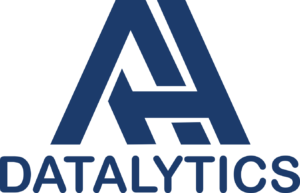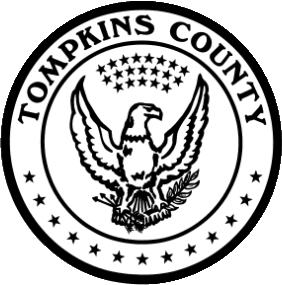Criminal Justice Expertise
Our expertise is at the intersection of data, policy, and criminal justice. We help communities, law enforcement agencies, and prosecutors offices across the country use analytics. These organizations are then able to identify and address trends, opportunities, and challenges in ensuring a more equitable criminal justice system. We firmly believe that “what gets measured, gets managed” and are committed to putting this philosophy into practice across the country. Our analyses include, but are not limited to, the following topic areas:
Law Enforcement Management
Our experience has taught us that analytics are a crucial aspect of law-enforcement management and Consent Decree compliance. We believe that both officers and communities are safer when analytics are used to optimize supervision, resource allocation, training, and to identify trends in policing activities. We work closely with client organizations to incorporate 21st Century analytics into day-to-day management as well as large-scale reform.
We created the nationally recognized Management Analytics for Excellence (MAX) for the New Orleans Police Department. MAX provides comprehensive management analytics to support strong, data-driven decisions and oversight on critical issues including resource allocation, police performance, community policing, and risk management. Comprehensive management analytics can help your department:
Prosecutors Offices
Prosecutors across the country are recognizing the importance of analytics to inform prosecutorial management and activities. We believe that all prosecutors and their communities should have ready access to data that can identify trends, address inefficiencies, and outwardly communicate success. We help prosecutors incorporate such analytics into their crucial work.
We are partnering with the Prosecutorial Performance Indicators to implement internal and external data products to evaluate and understand the impacts of Prosecutor Offices.
Supporting Communities
From city councils and mayor’s offices to non-profit organizations and advocacy groups, we produce analyses that inform communities about the issues and policies that matter most to them. We communicate data-driven insights to help identify how you can make your community a safer and healthier place for all.
Our work with the City of Ithaca, NY and Tompkins County provided an understanding of police service demand and was used to focus the conversation around data.
Our analyses with the New Orleans City Council have provided a foundational understanding of criminal justice trends, an understanding of failure to appear and the impact of bonds, the impact of marijuana enforcement, and other relevant criminal justice topics. Our public dashboards have promoted transparency and have led to a more informed, data-driven conversation to criminal justice issues.


